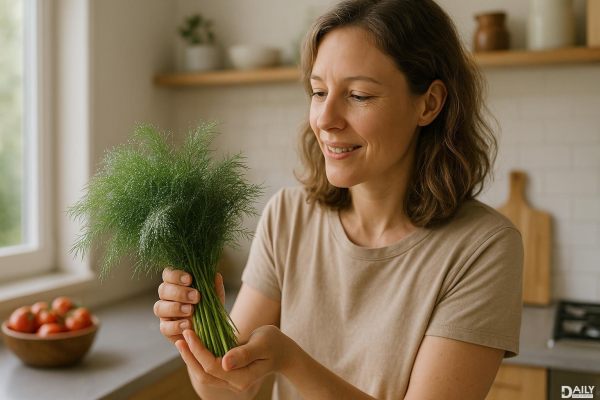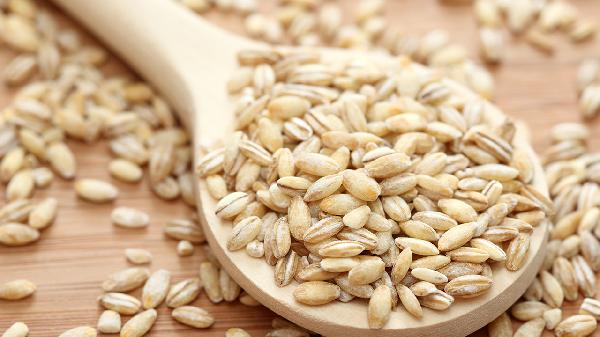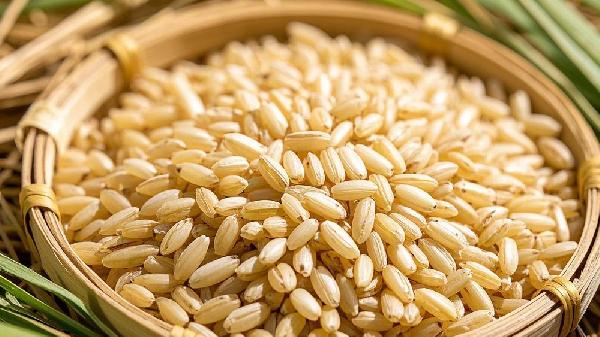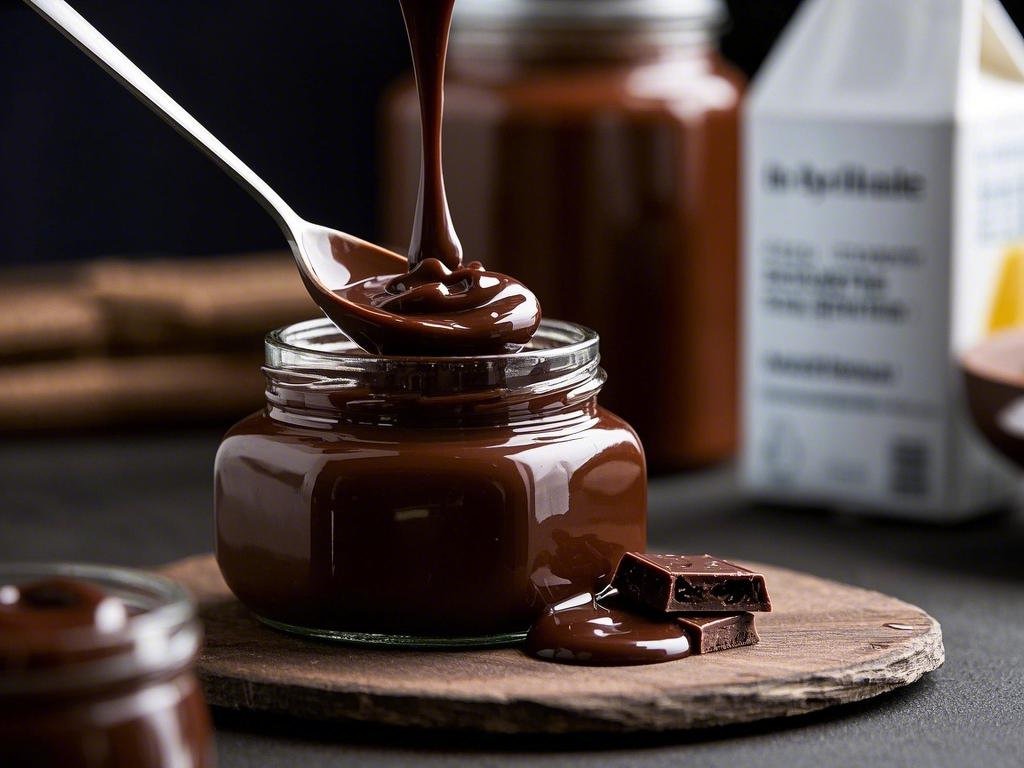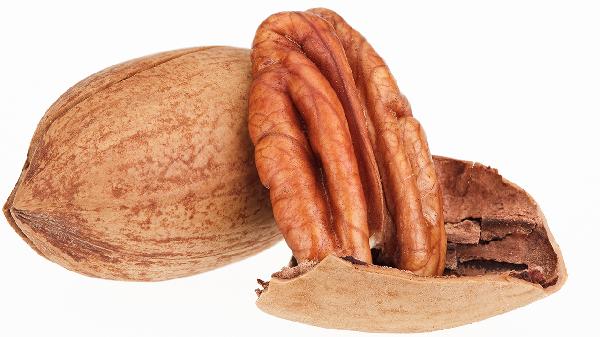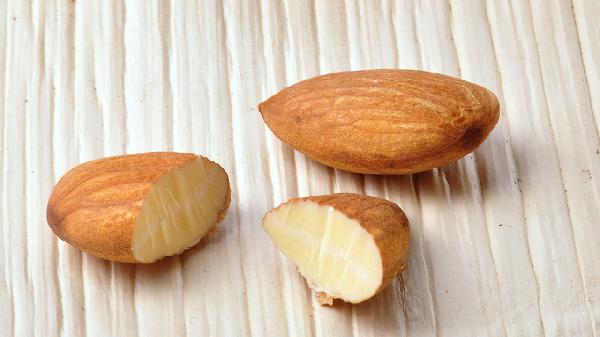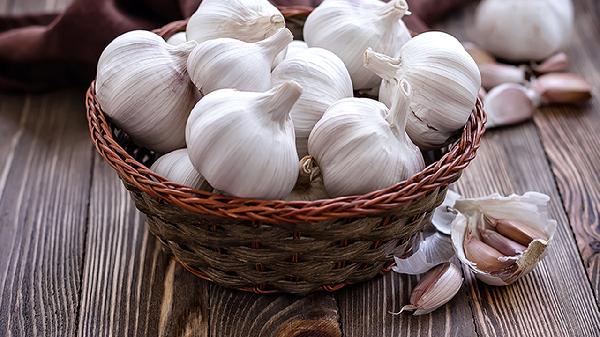Pickles aren't just a crunchy sandwich sidekick—they're fermented powerhouses that can seriously upgrade your gut health. The secret? Those tangy brines are swimming with probiotics, the good bacteria your digestive system craves. But not all pickles are created equal when it comes to gut benefits. From classic dill to unexpected global varieties, these five pickle types pack the most probiotic punch to support digestion, immunity, and even mental health through the gut-brain axis.
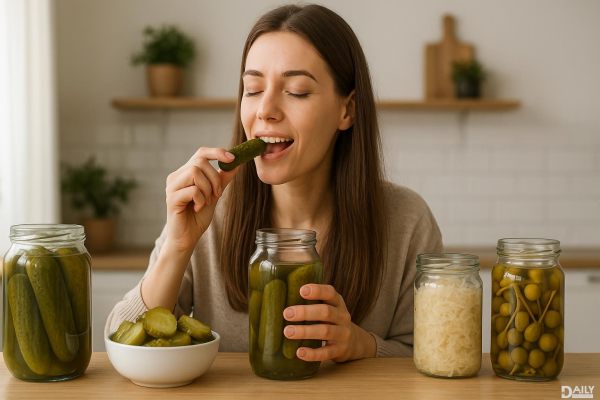
The OG of gut-friendly pickles, properly fermented dills are lacto-fermented in saltwater brine (never vinegar) for at least 3 weeks. This slow process allows Lactobacillus bacteria to transform cucumbers into probiotic gold. Look for cloudy brine and "naturally fermented" labels—these signs indicate live cultures survived pasteurization. A 2021 study in the Journal of Applied Microbiology found traditionally fermented pickles contain up to 10 million CFUs (colony-forming units) per serving, rivaling some yogurt strains. Pro tip: The garlic often added to dill pickles acts as a prebiotic, feeding those beneficial microbes once they hit your gut.
While technically a spicy fermented cabbage dish, kimchi's inclusion of pickled radish and cucumber makes it a hybrid superstar. Its complex fermentation process using gochugaru (Korean chili flakes) and jeotgal (salted seafood) creates a diverse microbiome party in every bite. Research from Seoul National University revealed kimchi contains over 30 unique probiotic strains, including Leuconostoc and Weissella species rarely found in Western fermented foods. The capsaicin from chili peppers may also boost gut barrier function—just start slow if you're new to spicy ferments.
Japan's elegant assortment of pickled vegetables offers subtle gut benefits through unique methods like kasuzuke (sake lees fermentation) and nukazuke (rice bran curing). The real standout? Umeboshi plums—these intensely sour pickled fruits contain citric acid that stimulates digestive enzymes while their purple shiso leaves provide anti-inflammatory anthocyanins. A 2020 study in Nutrients found regular tsukemono consumption correlated with higher levels of beneficial Bifidobacteria in Japanese elders. Try the lightly sweet shibazuke (cucumber and eggplant pickled with perilla) for a beginner-friendly option.
Popular in Jewish delis, these bright green pickles spend just 3-7 days fermenting, giving them a crisp texture and milder flavor than full sours. Their shorter fermentation means higher levels of prebiotic compounds like inulin from barely broken-down cucumber fibers. Nutritionists at Tufts University note half-sours retain more vitamin K (crucial for gut lining repair) than longer-fermented varieties. The trade-off? Fewer probiotics than full sours, but their gentle nature makes them ideal for probiotic newbies or sensitive stomachs.
This vibrant pickle medley—often featuring mango, lime, or mixed vegetables—gets its gut-boosting power from mustard oil and fenugreek seeds. These ingredients create an anaerobic environment favoring probiotic yeasts like Saccharomyces boulardii, shown in multiple studies to combat antibiotic-associated diarrhea. Ayurvedic practitioners have used achar for centuries to stimulate agni (digestive fire). Modern science backs this up: The spices in achar increase bile production by up to 40%, according to research in the Journal of Ethnopharmacology, helping break down fats for better nutrient absorption.
While grabbing any pickle jar won't guarantee gut benefits, choosing traditionally fermented varieties can turn snack time into microbiome therapy. Remember—refrigerated, unpasteurized options with visible sediment offer the most live cultures. Start with small servings (about 1/4 cup daily) to let your gut adjust, and consider pairing pickles with other fermented friends like kefir or kombucha for maximum diversity. Your taste buds and your gut bacteria will thank you for spicing things up beyond basic dills.
